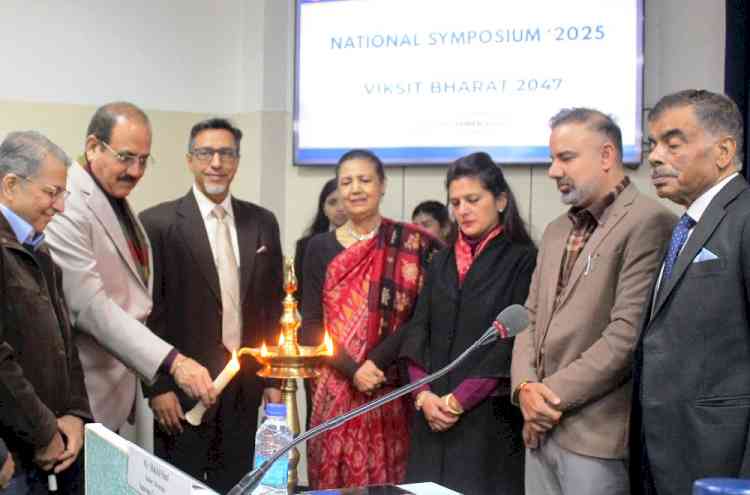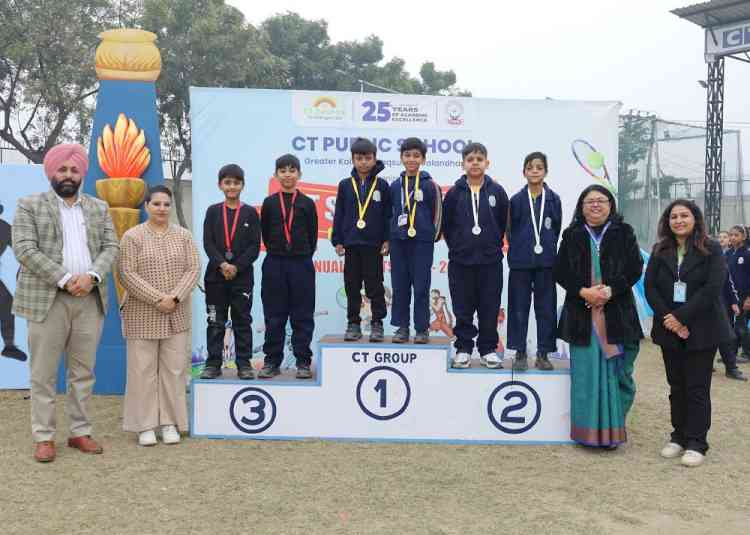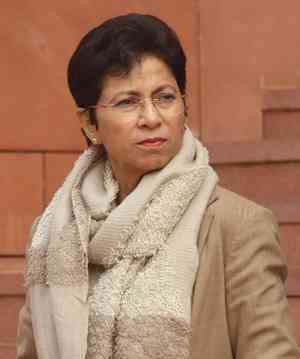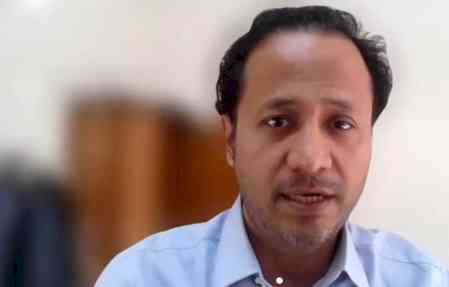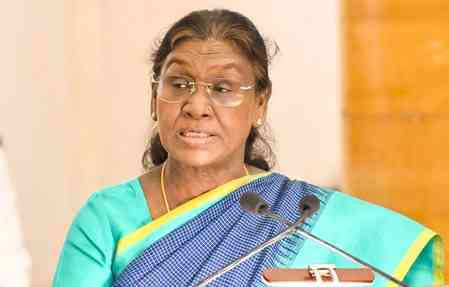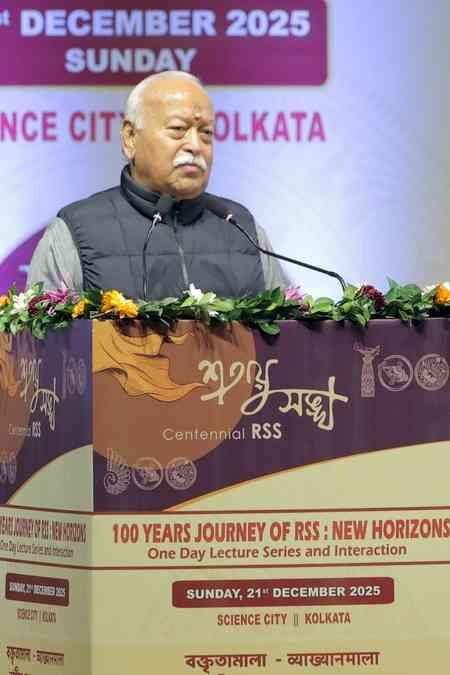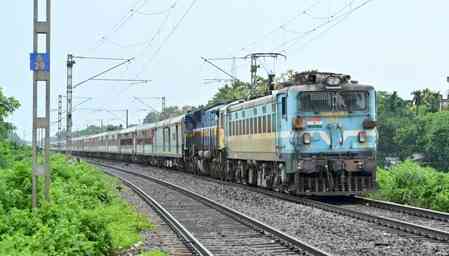Webinar held on “Gender Equality Today for a Sustainable Future Tomorrow’
The webinar was attended by about 100 persons from various fields from across the tricity
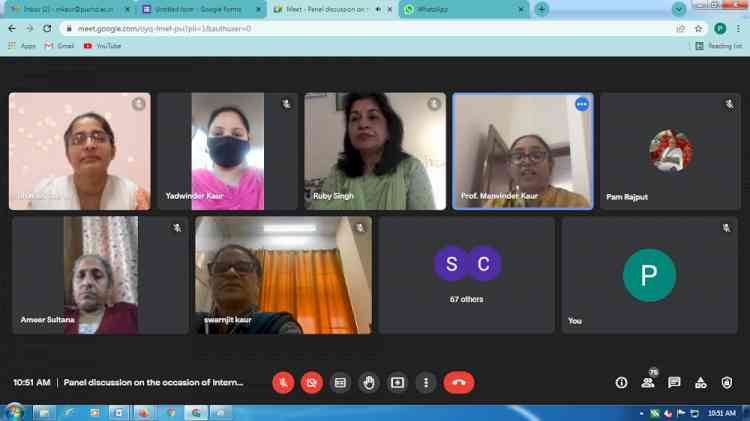
Chandigarh, March 8, 2022: “Gender Equality Today for a Sustainable Future Tomorrow’ was the theme for a Webinar organized by the Dept-cum-Centre for Women’s studies and Development and Centre for Human Rights and Duties, Panjab University, Chandigarh. The webinar was attended by about 100 persons from various fields from across the tricity. Introducing the theme of the Webinar, Prof. Manvinder Kaur, Chairperson of Dept-cum-Centre for Women’s Studies emphasized upon the need to recognize the women who are ‘leading from the front’ in the battle for gender equality and sustainable development. Women are breaking the barriers and entering avocations which till a short time back were considered male bastions. Prof. Pam Rajput, Emeritus Professor, Dept-cum-Centre for Women’s Studies in her Inaugural Address stated that although many walls have been cracked, yet the ceiling is yet to be shattered. The pandemic has effected the journey and put a question mark on gender equality as envisioned in the Sustainable Development Goals. Women, she said hold unique knowledge and can offer alternative solutions to the problem of climate change which cannot be countered without gender equality. The future, she concluded is feminine and if it is feminine, the world is in safe hands.
The first session of the day was a Panel Discussion titled ‘Conversations with Change-Makers’. The Panelists were women who had challenged biases and stereotypes in different fields. The first Panelist was Commander Ruby Singh (Retd) who had joined the Indian Navy among the first ever batch of women officers in 1992. Sharing her experiences she said that there were 24 seats advertised at the time with no specified seats for women. 22 of the 24 seats were filled by women. They had the same rigorous training schedule as the men and performed well. A symbolic breaking of the barriers happened when she participated in the Republic Day Parade leading the Indian Navy Contingent and marched for 17 kilometers ending by receiving a standing ovation from the men who had thought she could not do it. She also recollected an incident when going to Allahabad High Court in her uniform she was followed by a group of lawyers who had never seen a woman in uniform. She concluded by emphasizing upon the need for visibility for women, which she had achieved with the uniform.
Prof. Bhavani Rao, the second Panelist is the UNESCO Chair, Gender Equality and Women’s empowerment (India) and Director, AMMACHI Labs which is the human and computer interaction research and development center at Amrita University, Kerala. In her presentation she focused upon her project on community led sanitation, in the course of which she and her team trained women not just to build toilets but to lobby against open defecation in their communities. She stated that at the time when the project was launched, the concept of sanitation had not gained the popularity which it did with Swach Bharat Abhiyan so they actually had to convince people of the importance of sanitation. The toilets built by the Governments were being used as storage shed. Women were trained in masonry and plumbing with the use of technological innovations. As a result women not only built toilets for themselves, but are earning a living by building toilets for others as well.
Ms. Raman Mann, the third panelist is the co-founder of the organic farmers market in Chandigarh. She began her presentation by informing the participants that her father, an army officer had trainer her and her two sisters to ‘do anything’. His slogan was be like a man. She grew up learning swimming, riding, farming etc. At the age of 60 years she took charge of her farm and started organic farming. At a Convention for organic farmers, she learnt that the major problem was a market. Soon she got an opportunity and helped set up an organic farmers market in sector 26. However, the market has had to shift from a number of places as the space given to them is soon allotted to someone else. She hopes to bring a change through this little market, a change where the farmer can get a sense of self importance.
The second panel discussion had presentations by young researchers who shared their views on the role of the youth in achieving gender equality and sustainable development. In the third session which was an open session, the participants shared their opinions, poems, ideas about gender equality and so on.
The webinar concluded with a vote of thanks by Dr. Upneet Mangat, Chairperson, Centre for Human Rights and Duties.


 cityairnews
cityairnews 
